We are using firebase with google authentication. We chose Google because our application makes Google API calls. We authorize these api calls with the access_token included in authorization payload that is returned from firebase. However, we are having trouble figuring out how to refresh the access_token after it expires. According to Google, we should assume the access_token may expire for various reasons.
Therefore, (as I understand it) we need a way to refresh this token without forcing the user to reauthorize. Ideally, I could request the offline access_type when requesting the firebase auth...but I dont see how to do that (short of triggering firebase.authWithOAuthPopup(...) again, which we absolutely do not want to do as the users session is obviously still valid.
Is it possible to get an offline access_type Google oauth token through Firebase so that Google will return a refresh_token (https://developers.google.com/accounts/docs/OAuth2WebServer#formingtheurl)? With a refresh_token, I think I can grab a new access_token for api calls.
I was trying this but its definitely not supported:
this.firebase.authWithOAuthPopup("google", this.authenticateGoogle.bind(this), {
access_type: 'offline', <-- not passed to Google
scope: 'https://www.googleapis.com/auth/userinfo.profile, https://www.googleapis.com/auth/devstorage.read_write'
});
All calls to https://www.googleapis.com/oauth2/v1/tokeninfo?access_token=abcd show the access_type as online.
Thanks

